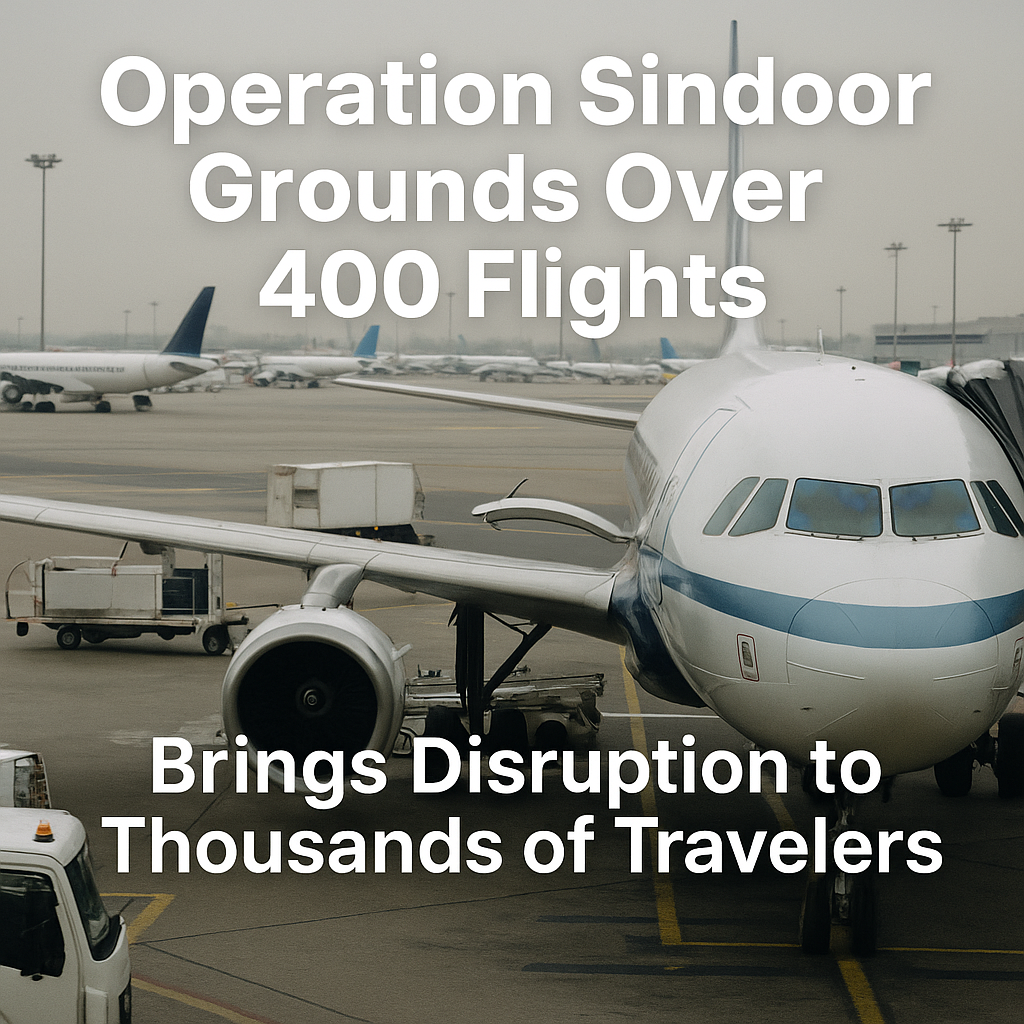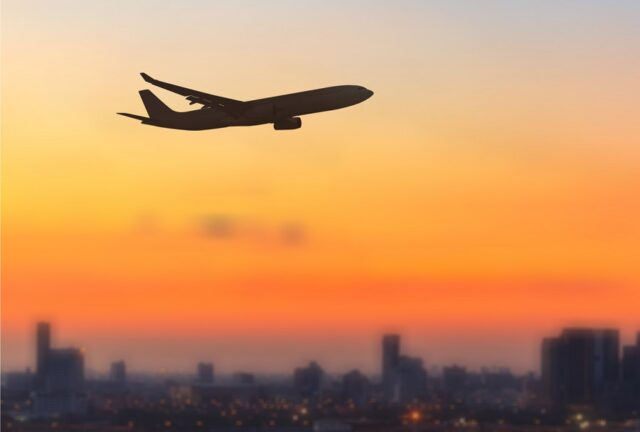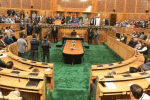As tensions between India and Pakistan reach a critical point, the ripple effects are being felt not just in geopolitical circles—but in the everyday lives of thousands of travelers, families, and workers across the region. Under the shadow of Operation Sindoor, 27 airports across northern, western, and central India have been shut down until 5:29 AM on Saturday, May 10. With 430 flights grounded in India—roughly 3% of the nation’s scheduled services—and 147 more cancelled by Pakistani carriers, the skies are eerily empty, and travel plans have come to a sudden halt.
For many, this is more than just a headline. Families trying to reunite, students heading home for a break, business professionals on tight schedules—everyone is now caught in a web of uncertainty. Airlines and officials are urging travelers to double-check flight status before heading to the airport, as chaos continues to unfold both in the air and on the ground.
Global flight tracker Flightradar24 confirms what passengers already feel: the airspace from Kashmir down to Gujarat is largely devoid of civilian aircraft. This unusual stillness paints a grim picture of the growing unease, sparked by missile and drone attacks from Pakistan targeting military installations in Jammu, Punjab, and Rajasthan.
Among the 27 shuttered Indian airports are major travel hubs like Srinagar, Chandigarh, Amritsar, and Jaipur, as well as several smaller but regionally crucial airports including Bhuj, Gwalior, and Hindon. The shutdown also includes facilities used for military charters, signaling the severity of the situation.
Global Impact and Local Precautions
This crisis isn’t confined to Indian soil. American Airlines has already cancelled its Delhi–New York route, underlining how regional instability is now disrupting international travel schedules.
In response, Indian airlines have begun issuing advisories. Air India, Akasa Air, and IndiGo are all urging passengers to arrive at least three hours ahead of time, citing enhanced security procedures. Passengers are also reminded to carry valid ID, limit carry-on bags to 7 kilograms, and prepare for secondary security checks.
While officials and governments handle the crisis at a high level, it’s the ordinary people who bear the brunt—waiting in terminals, rescheduling plans, and hoping for calm skies once again.








